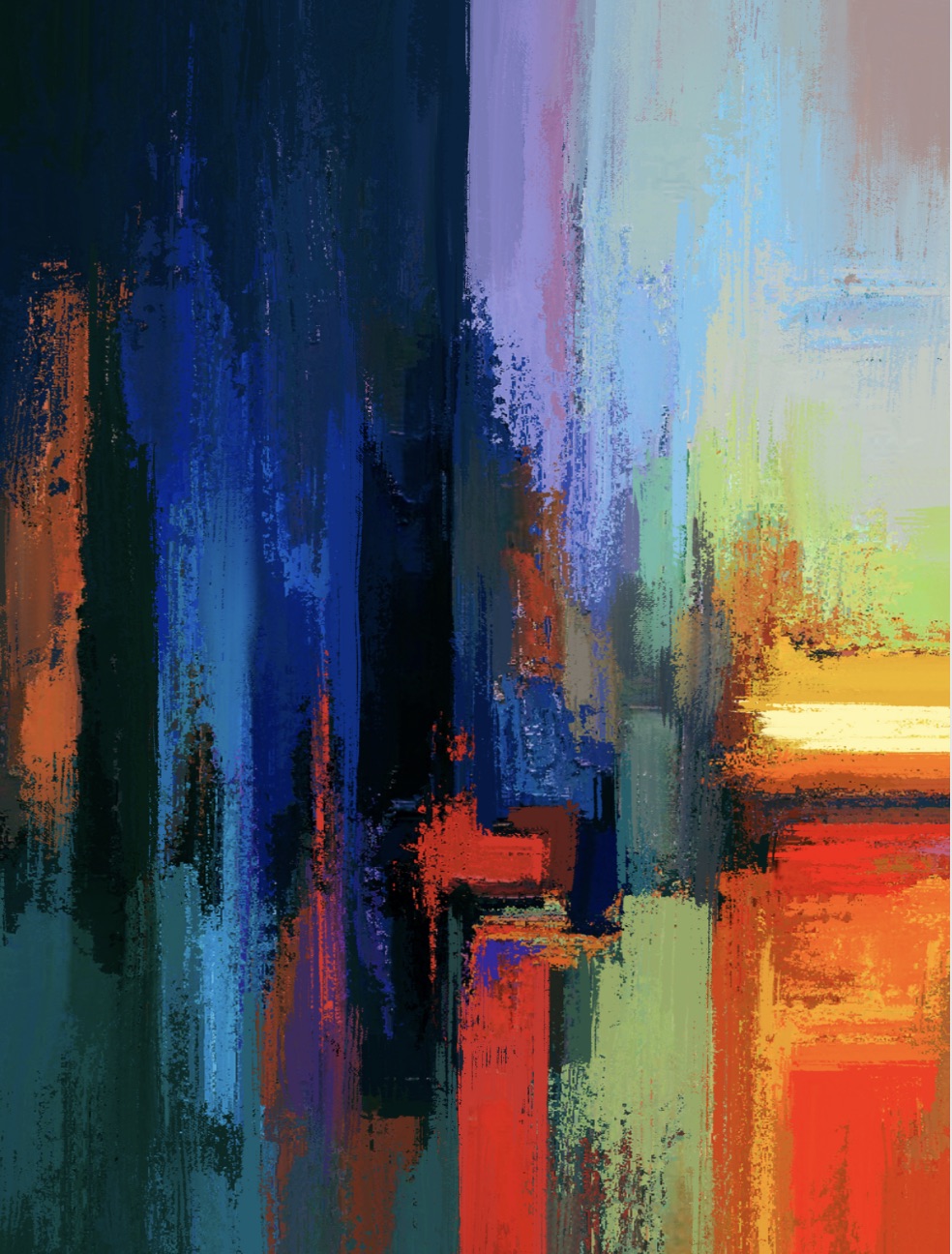Day One
9.00 – 9.30: Registration
9.30 – 10.30: Historical Arguments and the Digital: A White Paper (Caitlin Burge and Anita Lucchesi)
10.30 – 11.00: Break
11.00 – 12.30: Panel One: Politicised Spaces
Iain Riddell (Digital Genealogy)
Unpacking the democratisation of nineteenth-century Grampian’s political economy with the products and outputs of Digital Genealogy.
Stephen Robertson (George Mason University)
Mapping Harlem in Disorder: Using Digital Methods to Analyze How Racial Violence Changed in 1935
Moritz Twente, Nico Görlich, Moritz Mähr, Noëlle Schnegg and Cristina Wildisen-Münch (University of Basel)
The Urban Fabric as Palimpsest: Tracing Proposed Correction Plans in Basel
12.30 – 2.00: Lunch
2.00 – 3.30: Panel Two: Geographies of Marginalised Voices
Emmanuel Montalvo Salcedo and Alejandro Valdez Tamashiro (Pontificia Universidad Católica del Perú)
Intelligent images for urban history. Lima in 1831
Julius Wilm (Leipzig University)
Homesteading and Indigenous Dispossession in the late 19th and early 20th Century U.S. West: Towards a Critical Reading of Government Data through GIS Layering
Joana Vieira Paulino (NOVA FCSH University of Lisbon)
Geographical coverage and movement of the abandoned children from 19th century Lisbon: building and reinforcing historical arguments with GIS
3.30 – 4.00: Break
4.00 – 5.30: Panel Three: Conscious Historical Narratives
Fabian Dombrowski (Leibniz-Institut für Bildungsmedien, Georg-Eckert-Institut)
“From theory alone” – one role of theory in the community of practice of Digital History. Using the example of developing a Distant Reading method for Luhmann’s Zettelkasten
Jeroen Puttevils (University of Antwerp)
Corresponding about and making past futures happen: close and distant reading of sixteenth-century merchant letters
Sofia Papastamkou (University of Luxembourg)
So what do social media data (not) tell us about the historical event? Reflections on a corpus of Twitter data in the context of the Greek debt crisis of the 2010s
5.30 – 0.00: Drinks reception
Day Two
9.00 – 9.30: Welcome Coffee
9.30 – 10.30: Panel Four: Trials & Treachery in Criminal Proceedings
Tim Hitchcock and Robert Shoemaker (University of Sussex, University of Sheffield)
Writing a new history of the modern British criminal trial
Kaarel Sikk, Reima Välimäki, and David Zbíral (Masaryk University, University of Turku)
Digital hermeneutics of the inquisitorial protocols from the 14th century: Network Exploration, inquisitorial strategy and the Meaning of the Source
Tihana Kušter and Zrinko Novosel (University of Zagreb, Croatian Institute of History)
Networks of the Magnate Conspiracy
10.30 – 11.00: Break
11.00 – 12.30: Panel Five: Sharing Knowledge & Knowledge Movement
Emma Annette Wilson (Southern Methodist University Dallas)
Digital Ramism: Using Network Analysis To Find A New Understanding of the History of the Early Modern Educational Trivium
Evan Bourke (Maynooth University)
Exploring the usage of poetic motifs in Irish bardic poetry: a networked approach
Ylva Söderfeldt, Vera Danilova, Gijs Aangenendt, and Maria Skeppstedt (Uppsala University)
Tracking Disease (Concepts): Possibilities and Paradoxes in Digital History of Medicine
12.30 – 2.00: Lunch
2.00 – 3.30: Panel Six: Hidden Narratives & Networks of Power
Caroline Fish (Purdue University)
Social Network Analysis and Premodern Political Factions: The Case Study of the VIII Marquise of Cogolludo, 1687-1696
Ashley Sanders (University of California Los Angeles)
Recovering archival specters with digital historical methods
Ana Ribeiro (University of Coimbra)
Spiritual kinship networks in the reconstruction of social structures of Portuguese local communities (17th-18th centuries)
3.30 – 4.00: Break
4.00 – 5.30: Panel Seven: Movement & Migration
Lauren Coetzee (University of Luxembourg)
Heroes, Traitors, and Social Outcasts: Revisiting Theoretical and Data Incongruencies of the Cape Rebels, 1880-1902
Paul Arthur (Edith Cowan University, Western Australia)
Investigating the History and Legacies of British Slavery in Australia Using Digital Methods
Emily Stevenson (University of York)
Networking in the World of Principal Navigations
6.30 – 0.00: Conference Dinner
Day Three
9.00 – 9.30: Welcome Coffee
9.30 – 10.30: Keynote Paper (Angela Dressen, Viilla I Tatti, The Harvard University Center for Italian Renaissance Studies
10.30 – 11.00: Break
11.00 – 12.30: Panel Eight: Post Cold-War Democracies
Hugo Bonin, Pasi Ihalainen, Jani Marjanen, and Risto Turunen (University of Jyväskylä, University of Helsinki, University of Tampere)
Understanding the expansion of ‘democratic’ in late Cold-War Europe through the analysis of parliamentary speech
Pasi Ihalainen (University of Jyväskylä)
Representative Democracy: A History of Claims, Tensions and Parliamentary Self-Definitions in Northwest Europe
Klára Kosová and Klára Smitková (Charles University)
Thinking Future, Talking Past – Memories of Socialist Past and Post-Socialist Transformation in Contemporary Czechia and Slovakia. The Comparative Perspective
12.30 – 2.00: Lunch
2.00 – 3.30: Panel Nine: Conflict Narratives & War Voices
Milan van Lange and Pieter van den Heede (NIOD Institute for War, Holocaust, and Genocide Studies, Erasmus University Rotterdam)
Egodocuments, digitisation, and ‘interpretative horizons’ in times of wartime occupation
Jiri Kocian (Charles University)
Past Traumas and Shared Victimhood? Historical Analogies and Responses to the War in Ukraine
Julia Ribeiro S C Thomaz (SAS, University of London)
Poésie Grande Guerre: the digital as a triangulation between traditional historical and literary narratives
3.30 – 4.00: Break
4.00 – 5.30: Panel Ten: Writing History & Knowledge Production
Aleksandra Kaye, Raphael Schlattmann, and Malte Vogl (Max Planck Institute for the History of Science, Technische Universität Berlin, Max Planck Institute of Geoanthropology)
Digital History and the Study of Cross-continental Collaborations: Scientific Exchange Between Latin America and the Partitioned Polish-Lithuanian Commonwealth, 1830-1918
Petros Apostolopoulos (University of Luxembourg)
A Network Analysis of Wikipedia Historians
Till Grallert (Humboldt-Universität zu Berlin)
We need to talk about tools
5.30 – 5.45: Conference close


